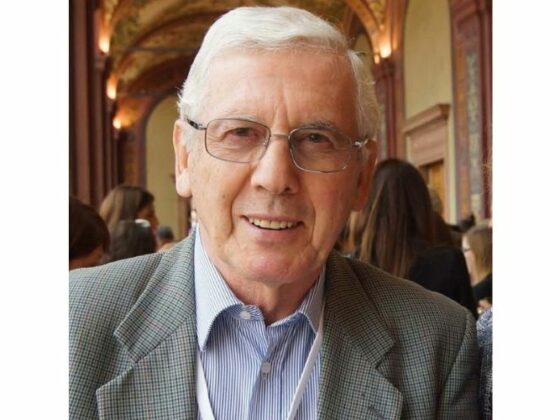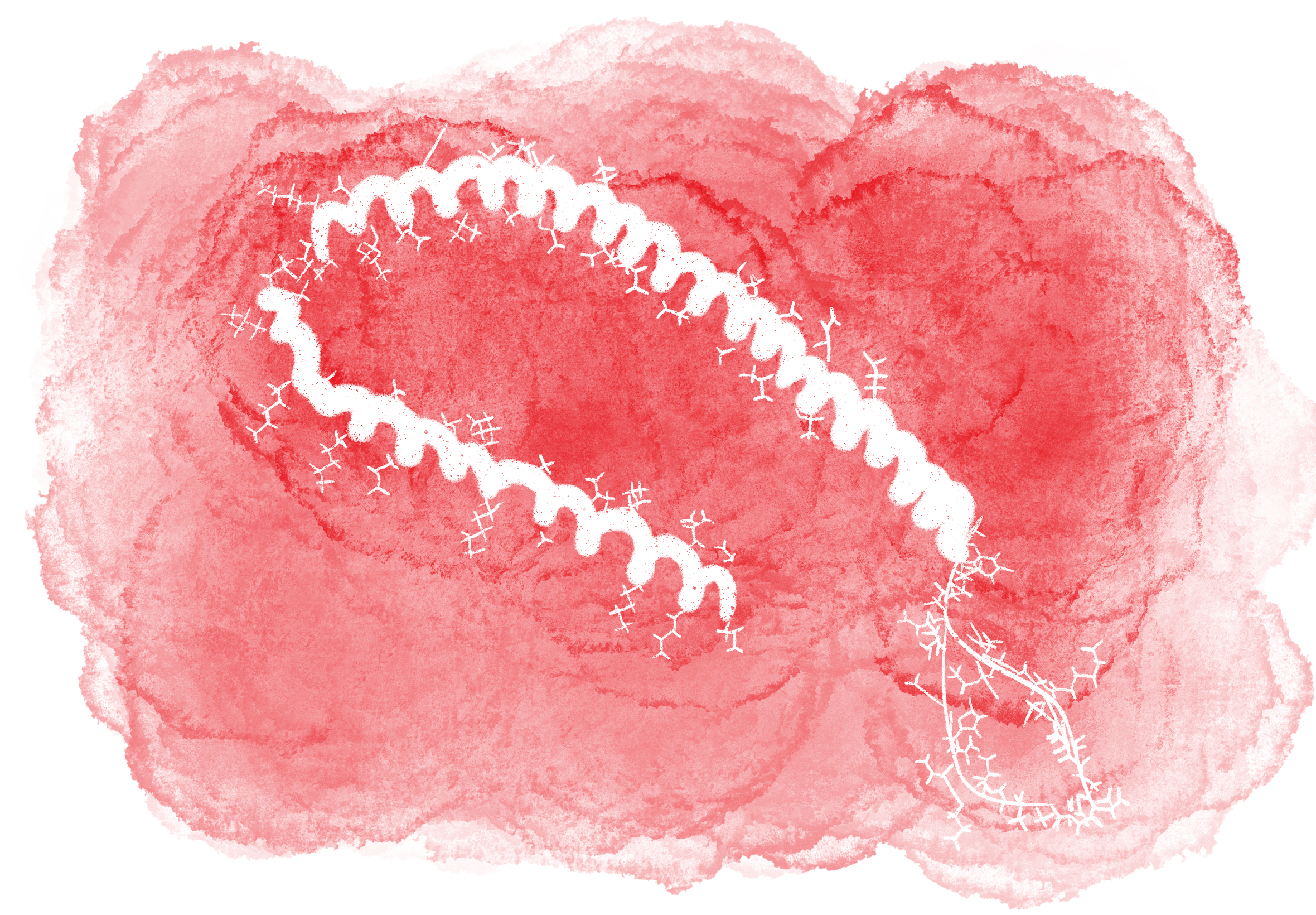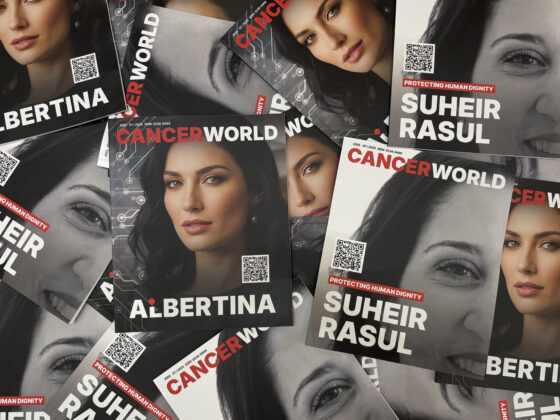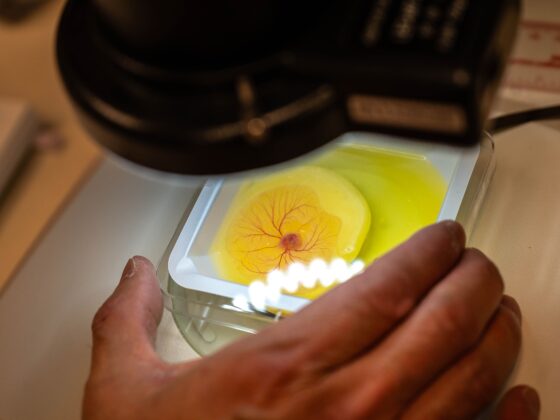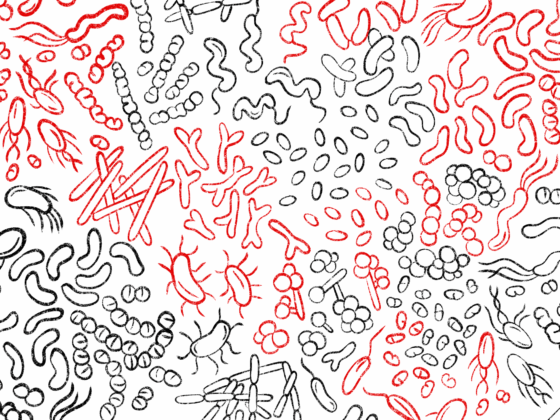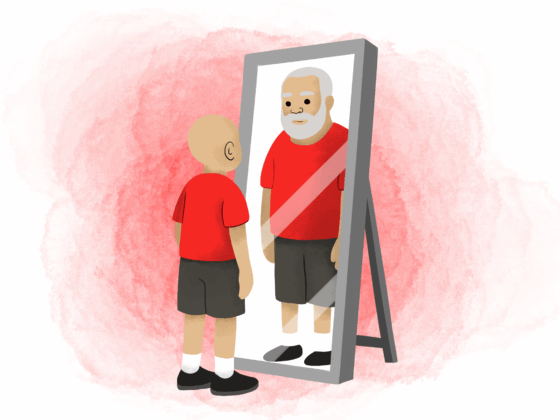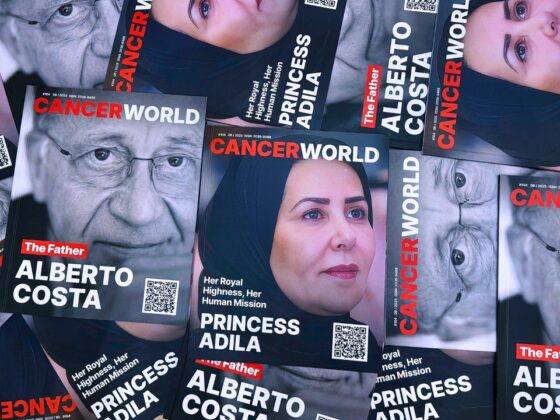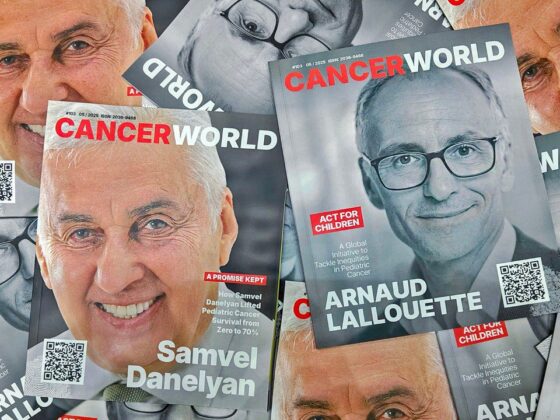Vaccinations for human papillomavirus (HPV) in Africa are well below World Health Organisation (WHO) targets due to COVID-19 pandemic disruptions.
The WHO Africa region target was to have 35 countries introduce the HPV vaccine by 2020, but only 16 countries have been able to meet that target, according to WHO. There is low demand for the HPV vaccine as countries focus on rolling out the COVID-19 vaccine, and access to eligible girls is limited due to school closures and government-imposed lockdowns.
The price for the vaccine is particularly high for countries that do not receive funding from GAVI, the global health partnership aiming to increase access to immunisation in low to middle income countries.
In some African countries cervical cancer is the number one cause of cancer-related death in women. It is estimated that the HPV vaccine can reduce deaths from cervical cancer by two-thirds if uptake reaches 80%. But some countries have not introduced it and others have reversed earlier gains.
“The pandemic has diverted countries’ attention from other vaccines to the COVID-19 vaccines,” said Dr Phiona Atuhebwe, a vaccinologist and new vaccines introduction medical officer at the World Health Organization.
“We have vaccines lying around and we do not know what to do with them because countries are busy planning for COVID-19 vaccines,” she told Cancer World. In some countries where HPV was to be introduced, misinformation about vaccines, heightened by COVID vaccine development, hindered its introduction.
In Cameroon, for example, there was confusion that the HPV vaccine was the COVID vaccine. This led to suspicion. “The issue was the infodemic that came with COVID-19,” said Dr Atuhebwe. “Because we were introducing a new vaccine during the COVID-19 season, everyone was saying this is a new vaccine they are going to try on us.”
“We have missed opportunities for HPV vaccination in women who would have benefitted from early detection and treatment of precancerous lesions because of COVID-19,” says Pauline Picho Keronyai, the Executive Director of Nama Wellness Community Center (NAWEC), located in Mukono district of Uganda.
The exact impact of COVID-19 on HPV vaccinations remains unknown, according to GAVI. “We will have more visibility on the impact of the pandemic on vaccination once the Joint Reporting Form mechanism to report country immunisation data comes in May 2021,” said a GAVI spokesperson.
For now, production of the HPV vaccine continues. Last year vaccine manufacturers – MSD, GSK, Innovax, Serum Institute of India and Walvax – pledged to ramp up availability for GAVI-supported countries and vaccinate 84 million girls between 2016 and 2020, leading to the prevention of an estimated 1.4 million future deaths from cervical cancer.
“We never reduced distribution of vaccines to countries – the allocated amount remained but we gave flexibility to countries to plan shipment based on health situations on the ground, and manufacturers gave us a great deal of flexibility on timelines,” said Dr Atuhebwe.
Missed HPV vaccinations in Uganda
Globally, the East African region carries the highest burden of cervical cancer. Uganda is among the five countries with the highest rates in Africa with 8 out of every 10 women seen at the Uganda Cancer Institute suffering from cervical cancer. Cervical cancer is the second-most common form of cancer in women living in less-developed regions. It is the number one cause of cancer-related death in women in Uganda causing half of female deaths.
Because of COVID-19 disruptions in 2020, 1.2 million children aged 10-11 years missed cervical cancer vaccinations according to the Ministry of Health. Uptake of the second dose has remained particularly low and last year it was the lowest ever recorded since the HPV was introduced in Uganda in November 2015.
According to Dr Immaculate Ampaire, Deputy Manager of the Uganda National Expanded Programme on Immunization (UNEPI), uptake for the second dose of the vaccine was 38% in 2020 compared to 65% in 2019.
“The ban on big gatherings, closure of schools and transport restrictions greatly affected our community outreach activities which mainly focus on cervical cancer screening and HPV vaccination,” said Keronyai. Lack of PPE made it difficult for health workers to reach patients, and many clients could not afford transport costs to health facilities.
Uganda is now one of the 40 African countries that have included HPV vaccine in their national vaccination schedules. The HPV vaccine should be delivered routinely during outreach immunisation sessions and intensified through Integrated Child Health Days where health workers conduct school-based work.
“When schools open we shall catch up,” said Dr Ampaire. About 80-90% of the girls are vaccinated in schools. Dr Ampaire explained that currently most parents are only bringing infants to health facilities for immunisation and fail to bring eligible girls along.
Health workers who are stuck in campaign mode also mobilise infants and forget to drum up support for girls to get the HPV jab.
“We now know that the community based model does not work. We need the schools based model again,” said Dr Ampaire.




